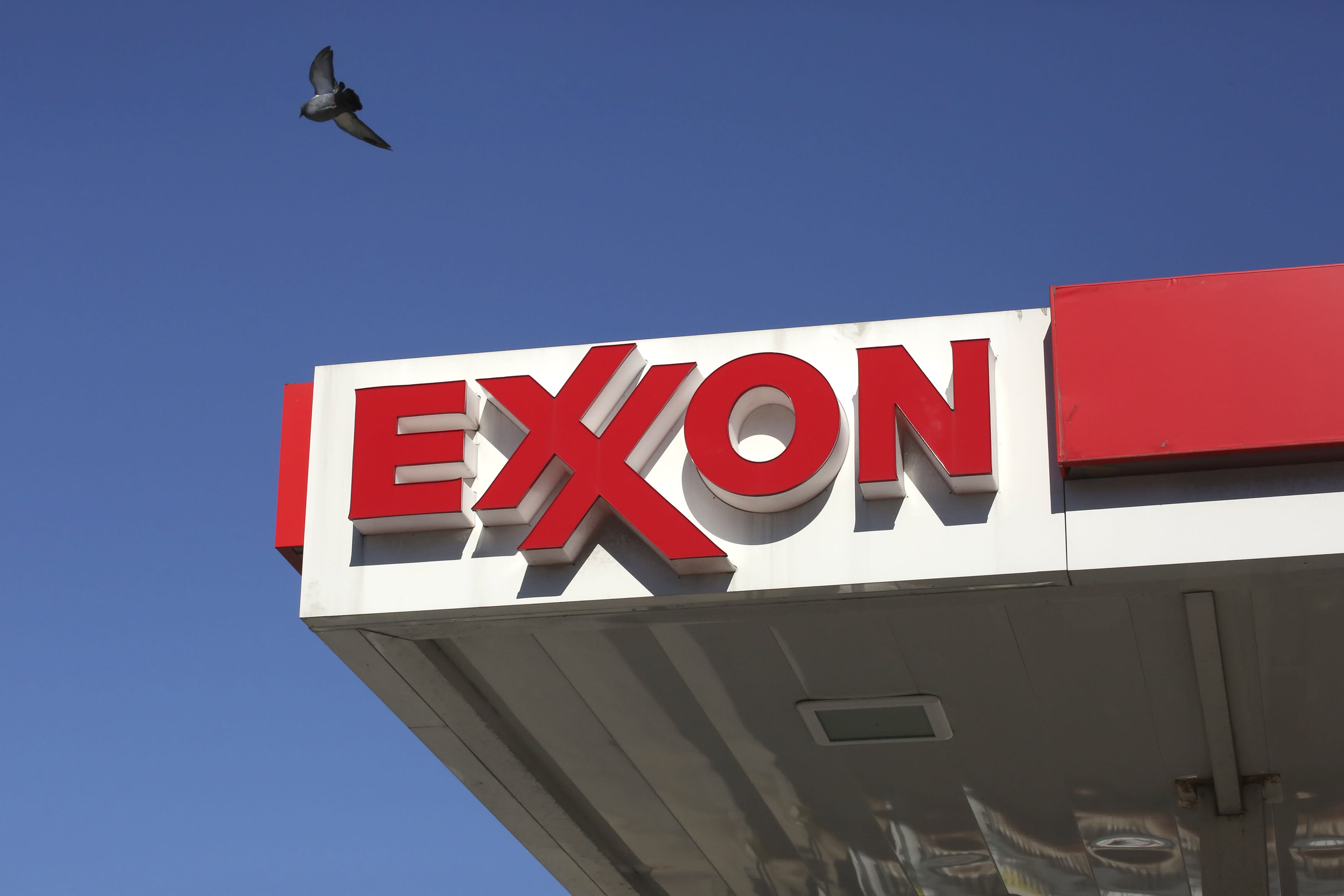Exxon did not mislead shareholders over the true cost of climate change, New York Supreme Court Justice Barry Ostrager ruled on Tuesday.
The $1.6 billion suit brought by New York Attorney General Letitia James, alleged that Exxon deceived investors about the true cost of climate change. The trial, which began in October and was the first climate fraud suit to go to trial, was the result of a four-year investigation.
The case centered on how Exxon, the United States’ largest oil company, accounted for the future potential cost of climate change. New York’s case accused the company of misrepresenting these costs, with AG James arguing that the company used one set of numbers publicly, while operating with a less conservative forecast internally.
When he took the stand on Oct. 30, former Exxon CEO Rex Tillerson said that the company tried to understand the impact of climate change, and tried to accurately communicate this impact to shareholders. Exxon said the case was misleading and politically motivated, and the result of a coordinated effort by anti-fossil fuel groups.
In 2015, then-New York Attorney General Eric Schneiderman first announced his investigation of the company. At that point, the charge was broader, claiming that the company knew about the impact of carbon emissions on climate change for decades, but covered it up.
Climate activists protest on the first day of the Exxon Mobil trial outside the New York State Supreme Court building on October 22, 2019 in New York City.
Angela Weiss | AFP | Getty Images
In the years since, the case narrowed in scope. Ultimately, it was under New York’s Martin Act — a 1921 law meant to protect investors from false statements from corporations, even if the company wasn’t intentionally trying to be deceptive.
“This is a case about the disclosures ExxonMobil made about its use of a cost of carbon to hedge against the risk of more exacting regulations and what a reasonable investor would have understood those disclosures to mean,” the October 7 pretrial memo read. “By representing that it was applying higher projected carbon costs than it was actually using, ExxonMobil made its assets appear significantly more secure than they really were, which had a material impact on its share price. In so doing, ExxonMobil defrauded its investors under the Martin Act.”
– CNBC’s Rahel Solomon and Patrick Manning contributed reporting.
